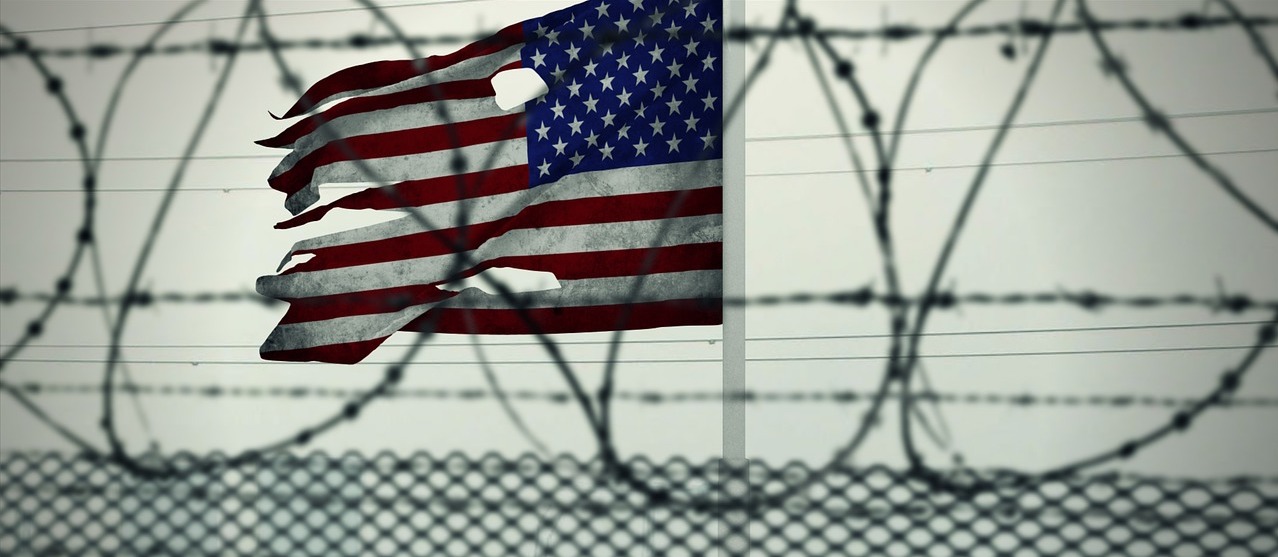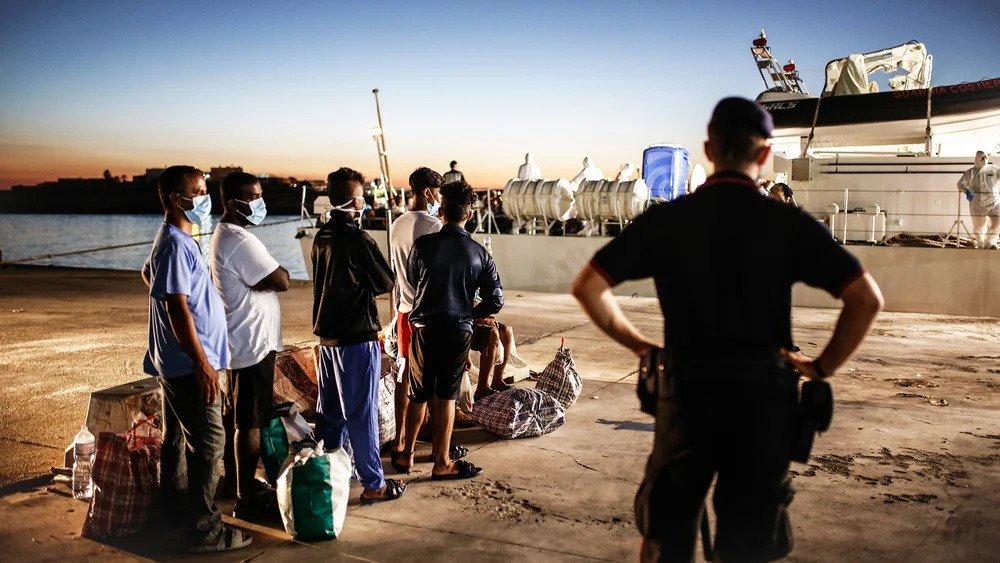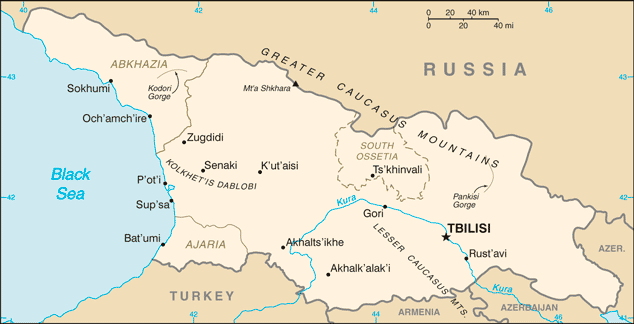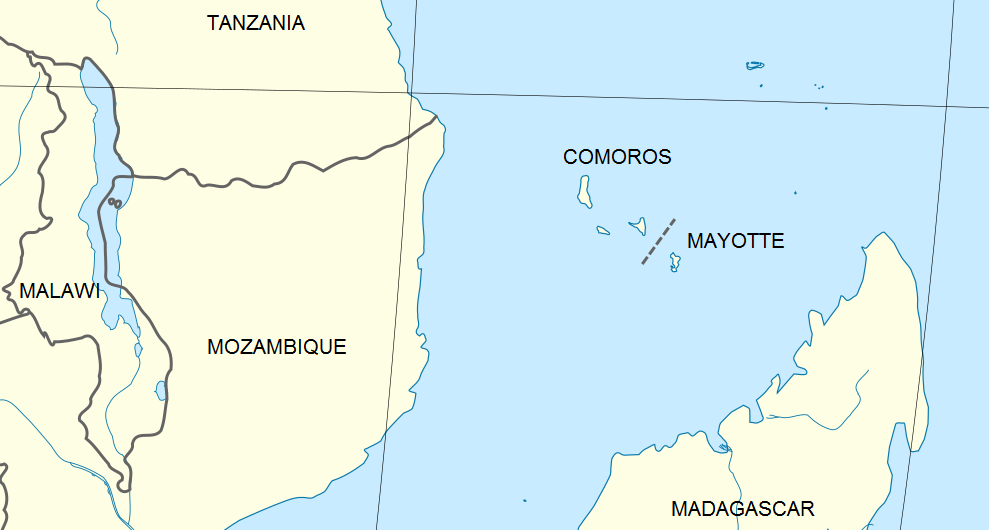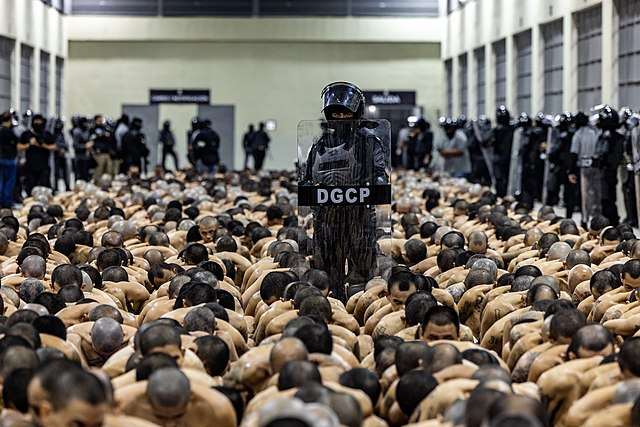Ukraine: ‘forced citizenship’ in Russian-held territory
Russia has launched a systematic effort to force residents of occupied areas of Ukraine to accept Russian citizenship as part of its program of consolidating authority, according to a new report. Residents of Luhansk, Donetsk, Kherson and Zaporizhzhya oblasts are subjected to threats, intimidation, restrictions on humanitarian aid and basic necessities, and possible detention or deportation—all designed to force them to become Russian citizens. Based on a comprehensive review of open source material, Yale Humanitarian Research Lab (HRL) has identified the laws and tactics used to make it impossible for residents to survive in their homes unless they accept Russian citizenship. These laws and tactics violate international law, including the prohibition on discrimination against people living under occupation based on nationality, and forcing people to declare allegiance to an occupying power, both illegal under the Hague Convention and the Geneva Conventions. (Map: PCL)





